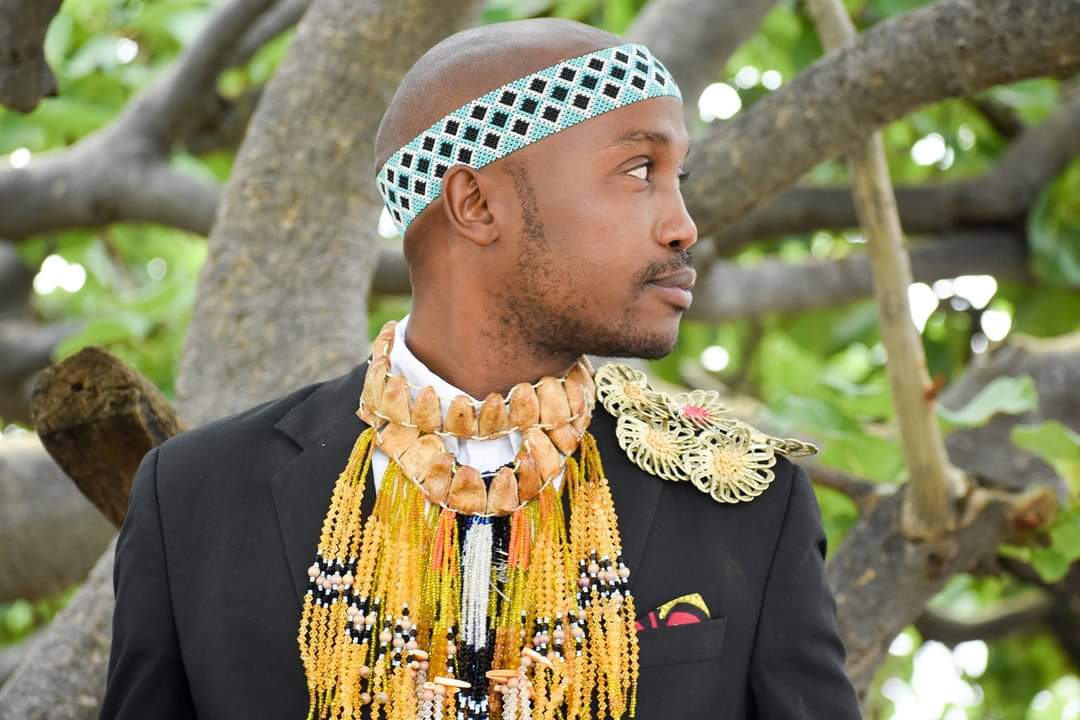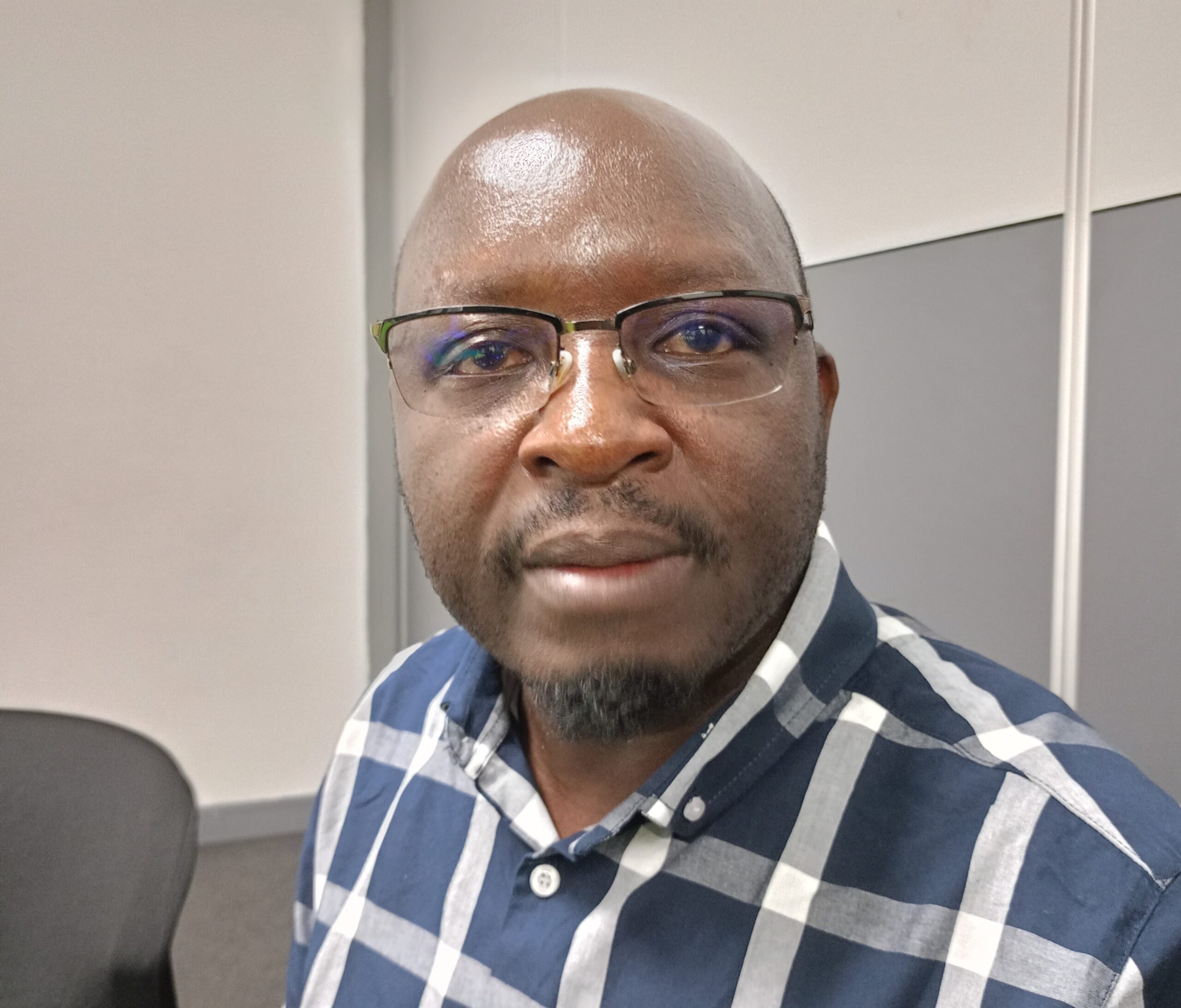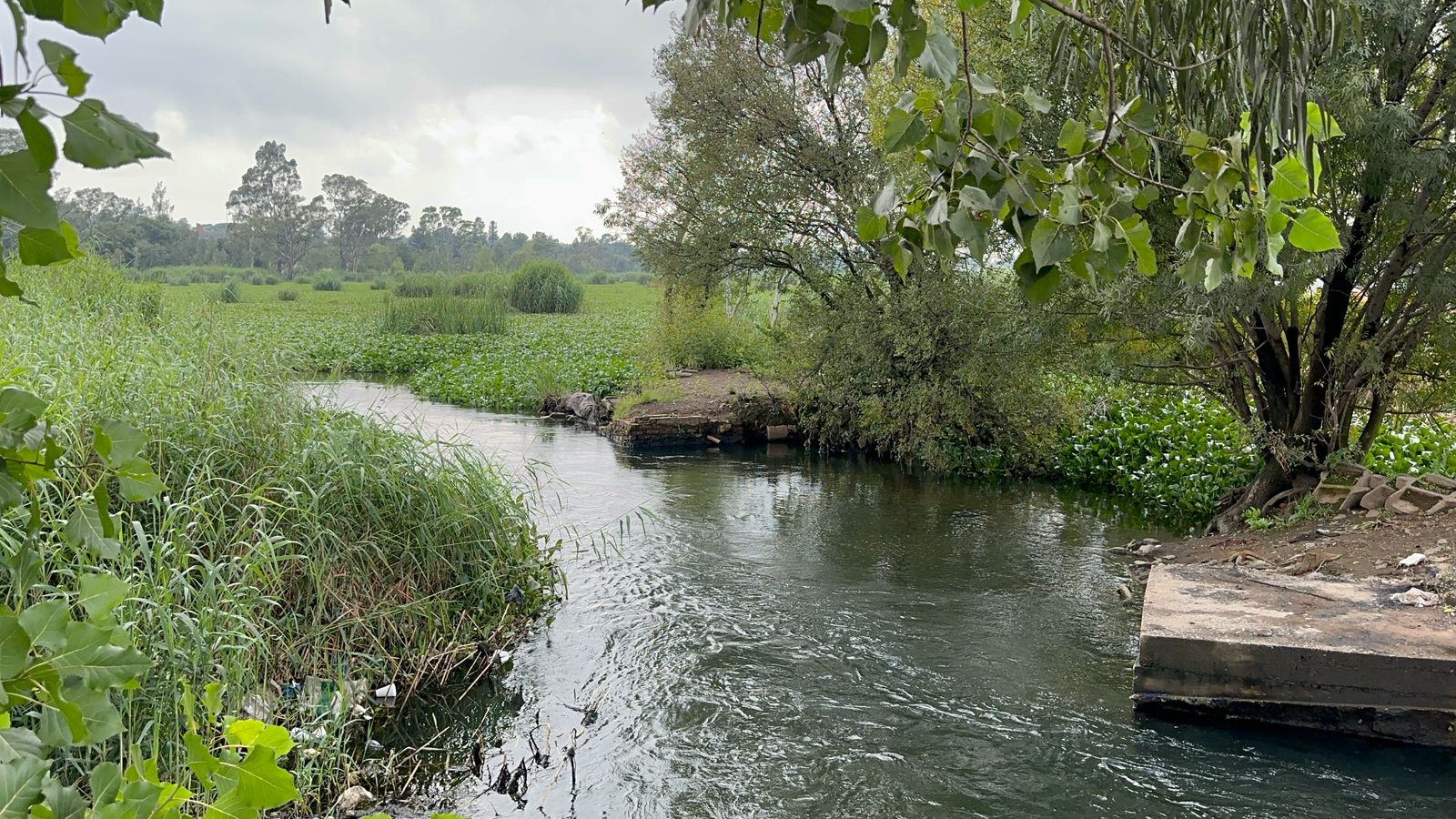
The-polluted-water-soon-disappears-as-soon-as-it-enters-Benoni-Lake.jpeg
- But one man says he can restore it
By Emmanuel Koro
Johannesburg, 2 April 2024
‘Gauteng Province’s Benoni Lake is dead and buried under the invasive water weed, never to be seen again!’

This view highlights the despair of many Benoni residents who have witnessed the gradual decline of Benoni Lake, now completely covered by the water weed also called water hyacinth, a notorious invasive plant.
For locals, this marks a painful farewell to what has long been regarded as Benoni’s premier recreational area, hosting activities such as boating, fishing, and water surfing.
Nearby, is a popular hotel built on the other side of the lake – an excellent venue for conferences.
Over the years, the lake has served as a source of enjoyment and played a crucial role in the community’s identity – even increasing the value of nearby properties.
Right next to it is the ship-shaped Lakeside Mall, which proudly bears its name.
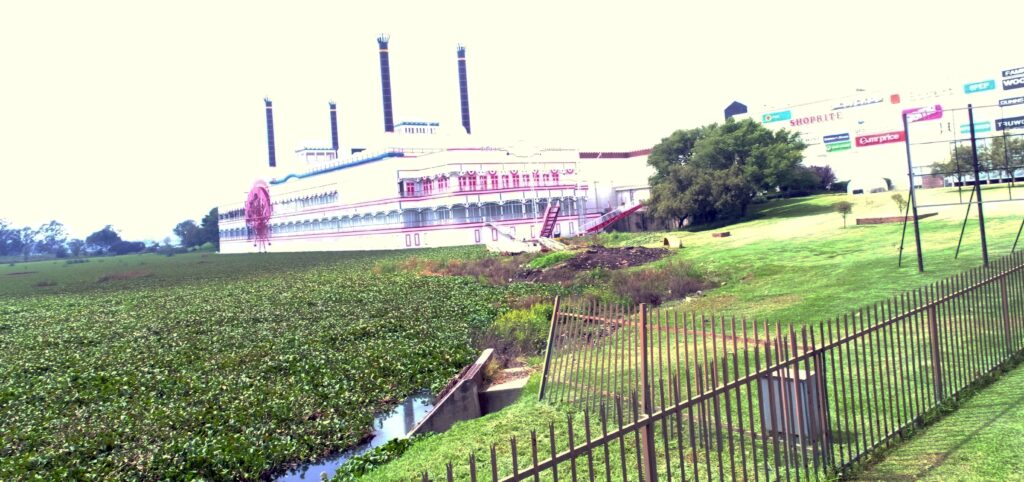
Sadly, Benoni Lake has totally lost its original identity as first-time visitors to the area could easily mistake it for a large crop field.
Apart from being choked by the water hyacinth, shrubs have also started growing in the lake, threatening to destroy it, completely.
Amid the overwhelming concerns about the vanishing lake, one innovative individual, Alec Morningstar Haliwell, stands out with a bold assurance: he believes he can revive the beloved Benoni Lake!
Haliwell’s lake reclamation plan involves creating employment for many local people whom he needs to manually remove the water weed with the ultimate goal of transforming it into a valuable organic fertiliser.
He said that this is being done successfully in Brazil.
Last week, Haliwell met and explained his Benoni-Lake-saving plan to the Gauteng Member of the Executive Council (MEC) for Environment, Shyla Peters, during her oversight visit to assess the impact of water hyacinth on the lake.
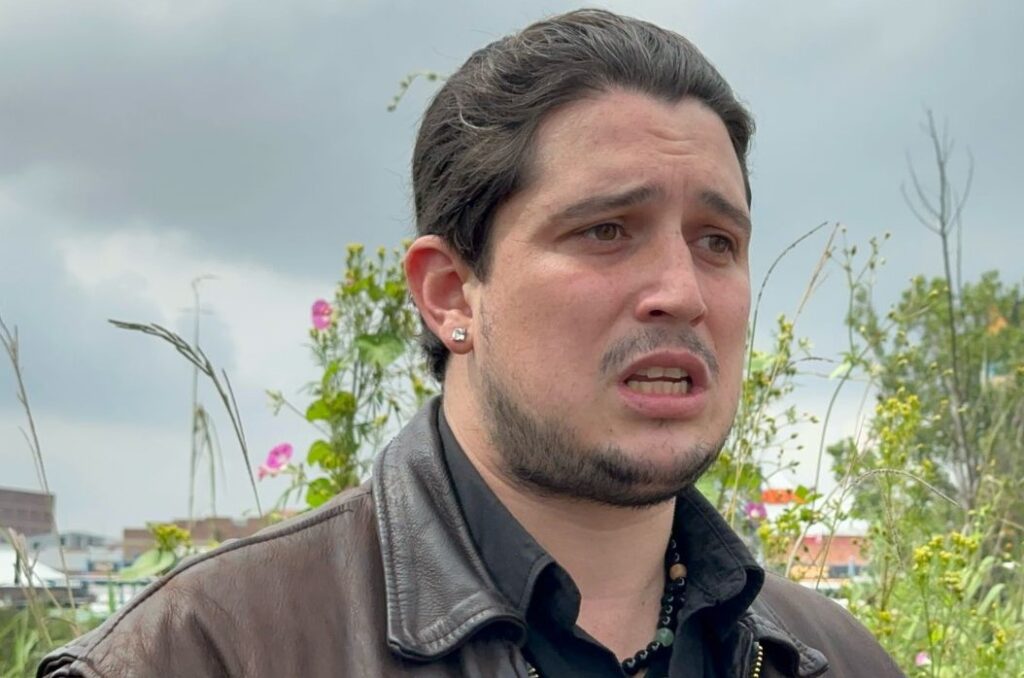
“We need to remove the hyacinth physically, transport it to a facility and then turn this product into fertiliser,” Haliwell explained to MEC Peters and the GDEnv delegation.
He presented concerning statistics regarding South Africa’s fertiliser importation.
“The country imports approximately 2.7 million tonnes while exporting only around 800,000 tonnes, resulting in a troubling trade deficit of 1.3 to 1.8 million tonnes.
Haliwell noted that half of South Africa’s agricultural sector would predictably buy the rich and environmentally friendly fertiliser.
He said that even international markets, particularly in the United States, would be eager to buy it.
“We stand ready to commence the removal of this invasive weed from Benoni and extend our efforts to all lakes across South Africa,” said Haliwell. “Our plan not only aims to restore the lake’s natural beauty but also to create jobs and generate much-needed foreign currency for our nation.”
He said that they had already produced a sample of the organic fertiliser, which has undergone testing on various agricultural crops and resulted in remarkable growth results.
“The nutrients it provides are simply incredible—like magic,” he said. It’s truly something beautiful.”
Haliwell continued, “We’ve got the labs, we’ve got the scientists, we’ve got the product. Now we just need the permission to proceed.”
In the meantime, the Gauteng Department of Environment, represented by MEC Shyla Peters and head of department, Blake Mosley-Lefatola, assured Haliwell that they were going to work together with him in his mission to eradicate water hyacinth not only from Benoni Lake but from all lakes within Gauteng Province.
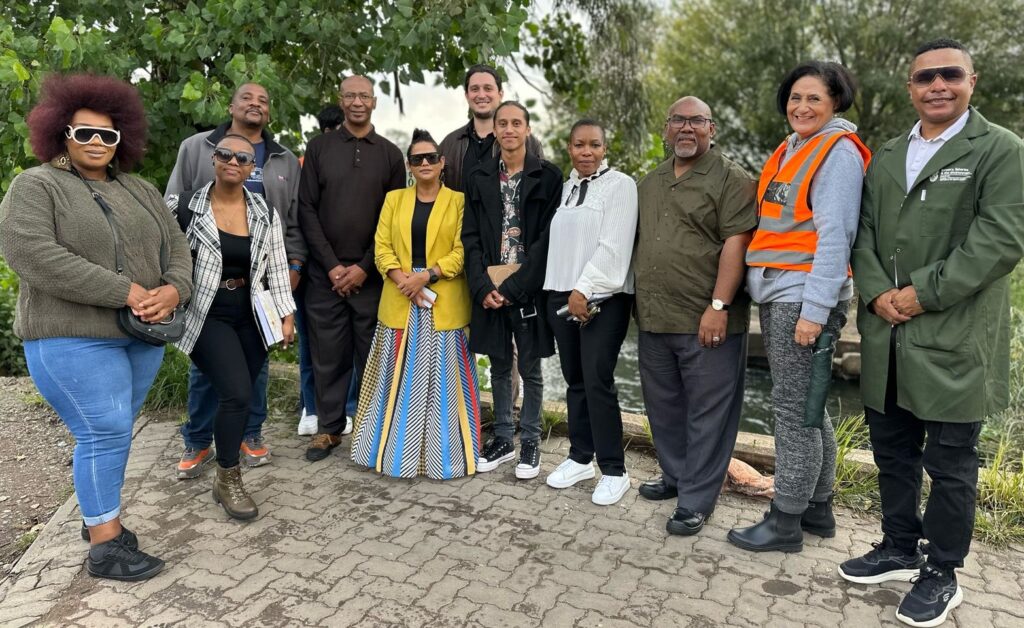
MEC Peters has recommended convening a meeting with all relevant government authorities to support the initiative aimed at rehabilitating Gauteng’s lakes.
“We are committed to forming a liaison for this project to ensure that all stakeholders are included,” she said.
About the writer: Emmanuel Koro is a Johannesburg-based international award-winning environmental journalist who writes independently on environmental and developmental issues in Africa.
